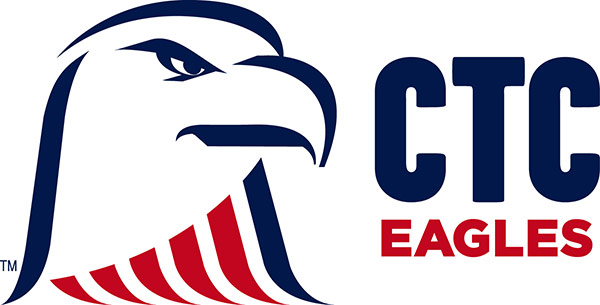Disability Support Services
Closed: Monday, September 2nd, 2024 (Labor Day)
SUMMER HOURS: Closed every Friday from May 24th to Aug. 2nd 2024

Welcome to our Disability Support Services Page!
We're excited to have you here. Our goal is to fully support every individual in their academic journey, regardless of abilities. This page is designed with you in mind, offering tailored information and resources.
At Central Texas College, we're committed to creating an inclusive environment where everyone can thrive. Whether you're a student seeking accommodations, a faculty member looking for guidance, or interested in learning about disabilities, you're in the right place.
Our dedicated Disability Support Services (DSS) team is here to assist you. Feel free to explore the links and reach out if you have questions or need support. We're here to ensure your journey with us is accessible, successful, and empowering.
Welcome to a community where diversity is celebrated, and inclusivity is our priority!
About Us
The DSS Office is dedicated to providing support for students with disabilities. Services are provided to any person with a disability as defined in the Americans with Disabilities Act (ADA).
ADA defines a person with a disability as a person who has a physical or mental impairment that significantly limits one or more major life activity.
- Major life activities include (not inclusive):
- Caring for oneself, performing manual tasks, seeing, hearing, eating, sleeping, walking, standing, lifting, bending, speaking, and breathing.
- Learning, reading, concentrating, thinking, communicating and working.
Students located outside of the service area may contact Disability Support Services or speak with your site director for assistance in contacting DSS. Students may contact DSS to schedule an in-person, virtual or phone appointment.
✱ DSS students needing academic advising or assistance with accommodations are encouraged to contact Disability Support Services.
Contact Information:
Email: dss@ctcd.edu (please include your full name and CTC ID or DOB)
☏ Phone: 254-526-1195
CST Office Hours & Location:
- Monday - Thursday from 7:30am to 5:30pm
- Closed on Fridays during the summer
- Building 215 (Student Services), Office 111
Statement of Confidentiality & Parent Information
Student records are protected by the Family Educational Rights and Privacy Act (FERPA).
CTC prioritizes keeping disability-related information confidential and maintains a strict policy on access to disability-related information. Instructors are aware of the confidential nature of this information, and letters of accommodation do not include specific diagnoses but list approved academic adjustments. DSS may share disability information for educational reasons and in accordance with FERPA guidelines. However, CTC and DSS cannot disclose this information to external entities without the student's written consent or a court order. Students can permit information release by signing a form, which is necessary for discussions with parents.
Parents may only request basic office information about the policies and procedures regarding the process of how students may request accommodations for their college courses. Parents may not request accommodations and/or services on behalf of the student. The disability office does not work with parents in place of the student. Under FERPA regulations, a written consent only permits a college to provide some information, it does not require action on the part of the DSS office or college (Brown Mackie College, OCR ruling). These written consents do not entitle parents to actively participate in the accommodations process on behalf of the student. Central Texas College is not obligated to write accommodations when the student has not requested accommodations from the DSS office. OCR (Office of Civil Rights) has concluded “it stands to reason that if the student objects to, refuses offers of accommodations, or denies the need for accommodations, the institution is not obligated to act on parent’s assertions of student’s needs (Northwestern Michigan College No. 15-02-2047 OCR 02/10/2003). *OCR has ruled students should initiate the process, be active participants in the accommodation process and have direct interaction/contact with the disability office. These policies apply to all CTC students, including dual credit, STEM and early college high school students, as these students are enrolled in college level courses.
Central Texas College does not discriminate in admissions or access to, or treatment or employment in, its programs and activities on the basis of race, color, religion, national origin, gender, disability, age, veteran’s status, genetic information, sexual orientation or gender identity.
Helpful Links
- Comparison Chart – High School vs. College
- U.S. Department of Education Transition of Students with Disabilities to Post-secondary Education: A Guide for High School Educators
- Section 504 of the Rehabilitation Act
- CTC Campus Map
Mission
Central Texas College provides accessible and quality educational opportunities that support a diverse student population and promotes student success, completion and employability.

